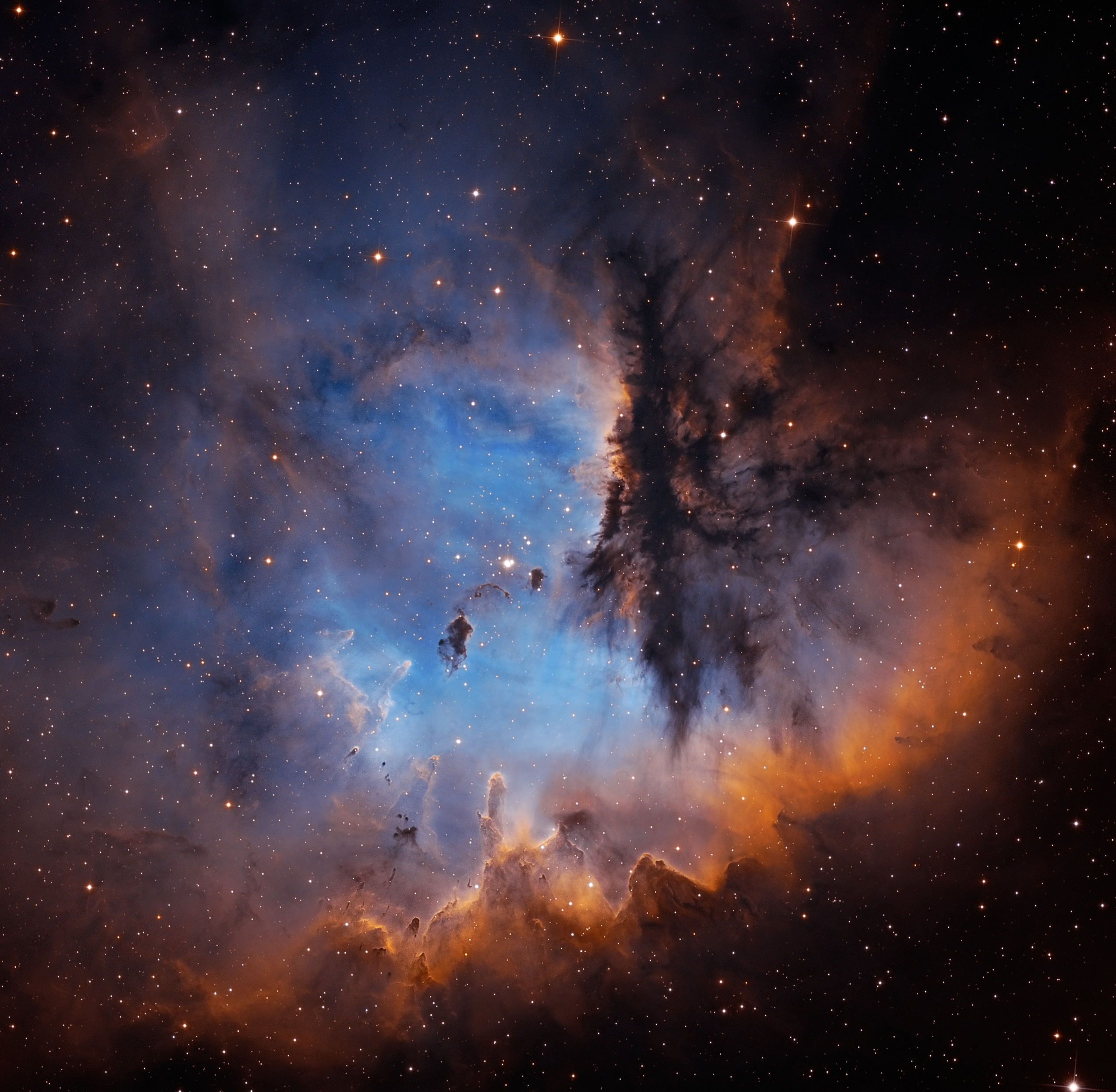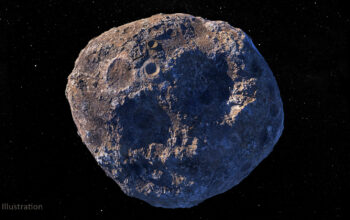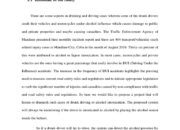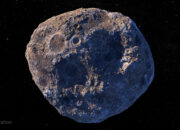Astronomy, a discipline rooted in empirical observations, has long captivated humanity’s imagination. The awe-inspiring beauty of celestial bodies, from the glistening stars to the swirling galaxies, suggests a cosmic tapestry woven with intricate patterns and unfathomable mysteries. This fascination often leads to a profound, sometimes spiritual, contemplation of the universe’s vastness and our place within it. The convergence of astronomy and metaphysical interpretations invites the idea of a “Divine Comedy in the Cosmos,” whereby the scientific reality of the universe merges with philosophical and theological insights—echoing the sentiments of Dante Alighieri’s literary masterpiece.
At the heart of this discourse lies a common observation: the night sky, replete with shimmering celestial orbs, stirs a deep emotional response. From childhood stargazing to advanced astronomical pursuits, individuals frequently experience a sense of wonder and a desire to comprehend the infinite. The visible cosmos—a mere fraction of the total universe—acts as a gateway to existential inquiries. What lies beyond the stars? How did the universe originate? Such questions have incited both scientific inquiry and mystical speculation throughout history.
The stars, often revered as ancient guides, serve not only navigational purposes but also foster a connection to the divine. Cultures worldwide have imbued astronomical phenomena with spiritual significance. From the Mesopotamian ziggurats aligning with celestial events to the Incan observations of solstices, the gravitational pull of the stars has been a source of inspiration across epochs. This synchrony between science and spirituality suggests that humanity instinctively seeks to attach meaning to the cosmos. Returning to the notion of a “Divine Comedy,” one can ponder whether the universe is, in fact, a stage upon which divine entities play their roles, leading sentient beings to ponder the nature of existence and purpose.
Within the scientific community, the inquiry into the cosmos has fostered remarkable advancements in understanding our universe’s origin and evolution. The Big Bang theory posits that the universe began approximately 13.8 billion years ago, an event so explosive that it distantly echoes through the cosmos. This revelation, while profoundly scientific, does not preclude metaphysical interpretations. Concepts such as time and space transcended their conventional meanings in light of relativistic physics, which can be viewed as a cosmic poetry—suggesting an elegant choreography of particles and forces that govern the universe.
Moreover, the observation of cosmic phenomena, such as gamma-ray bursts or black holes, often evokes a paradoxical blend of fear and fascination. These enigmatic entities challenge our understanding of reality, pushing the boundaries of science and inviting philosophical debate. The relentless pursuit of knowledge in astronomy reflects humanity’s desire to decipher the codes of this divine comedy, with scientists acting as the playwrights revealing layers of the grand script. Each discovery invites more questions, leading to a perpetual cycle of inquiry that mirrors humanity’s quest for meaning.
A pivotal aspect of the discussion involves the contemplation of extraterrestrial life. The vast expanse of the universe presents the tantalizing possibility that we are not alone, igniting the imaginations of both scientists and theologians. The search for exoplanets, particularly those within habitable zones, underscores a fundamental curiosity about the potential for life beyond Earth. Such inquiries provoke profound philosophical implications: if intelligent life exists elsewhere, what does this signify for humanity’s place in the cosmos? This inquiry ties back to the theme of the “Divine Comedy,” positing that the universe contains myriad narratives, each with its purpose and path, all varying but intricately connected.
The intersection of astronomy and the divine also invites reflections on humanity’s stewardship of Earth. The fragility of our planet, contrasted against the backdrop of the vast universe, fosters a sense of responsibility. Climate change, resource depletion, and environmental degradation compel us to reevaluate our priorities in the cosmos. In this light, the “Divine Comedy” can be interpreted as a call to action—a reminder that the narratives we create on Earth affect the cosmic play. The harmony sought within the universe should reflect in our interactions with the planet and each other.
Notably, the advent of modern technology, such as advanced telescopes and space exploration missions, has opened new avenues for discovery, enhancing our comprehension of cosmic phenomena. Telescopic advancements like the Hubble Space Telescope have revealed breathtaking images of nebulas and galaxies, while missions to Mars and beyond incite a new-age of cosmic exploration. This engagement with technology invites reflection on humanity’s trajectory: as we peer further into the cosmos, we also confront our philosophical and ethical dilemmas. The endeavor to understand our universe could be seen as a quest for enlightenment, challenging preconceived notions of existence while highlighting the interconnectedness of all celestial bodies.
In conclusion, the confluence of astronomy and metaphysical inquiry engenders a profound appreciation of the universe as more than a collection of celestial bodies; it is an intricate narrative of creation and existence. The “Divine Comedy in the Cosmos,” while a romantic notion, stems from humanity’s eternal quest for understanding and connection. In examining the cosmos, we do not merely seek to unveil the scientific truths of our existence but also to engage with the deeper philosophical and ethical questions that arise in the process. Ultimately, the stars beckon us to explore not only the outer realms of the universe but also the inner landscapes of our souls, creating an enduring dialogue between the empirical and the ethereal—an ongoing divine comedy indeed.












